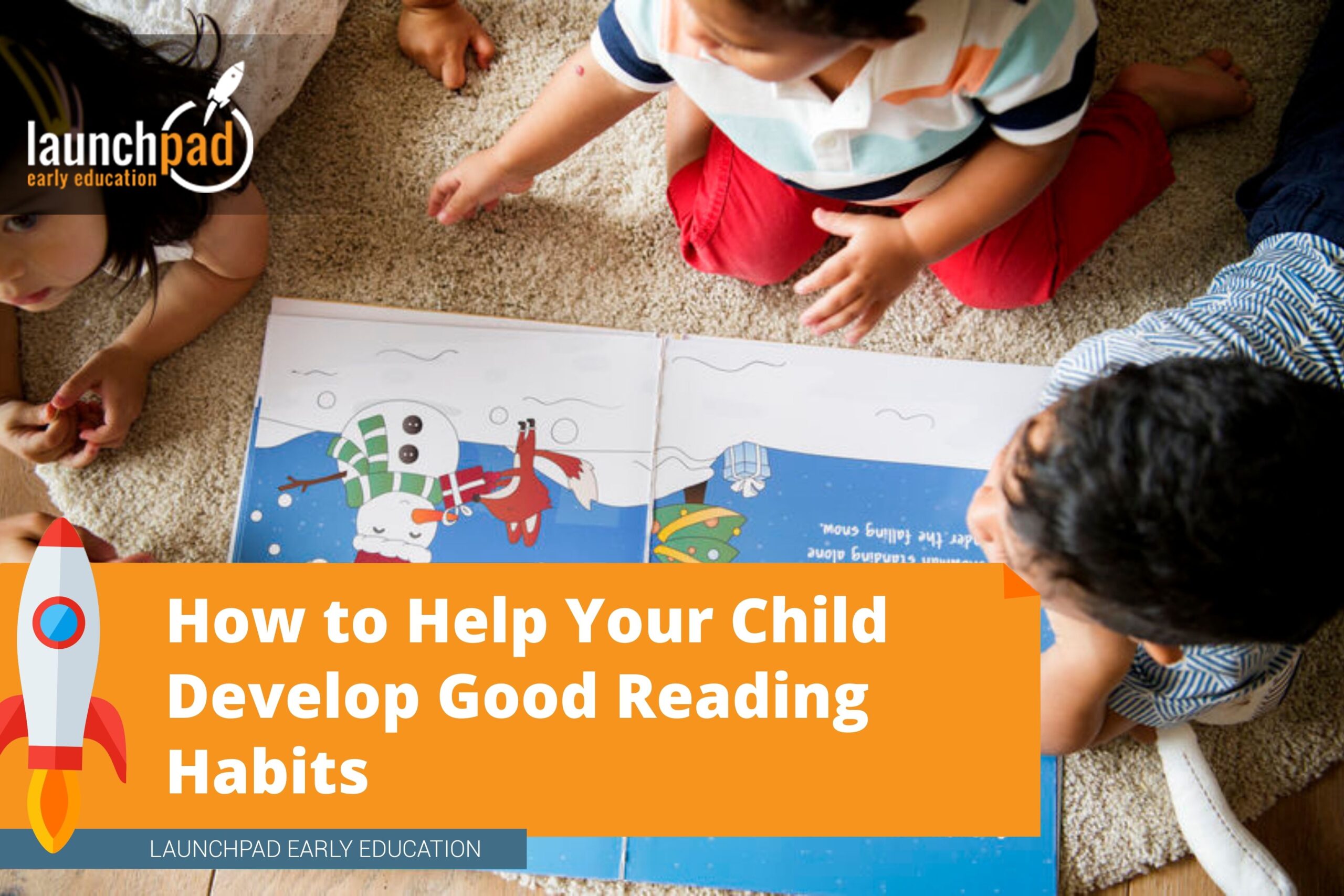Reading is one of the fundamental skills youngsters need to develop to help them succeed in school and beyond. Not only are good reading habits vital to children’s academic success, but they also play an important role in their lives beyond school. In addition to enriching vocabulary and improving children’s developing literacy and communication skills, reading offers several other important benefits. These include increased attention span, a thirst for knowledge, a lifelong love for books, and a lot more!
Developing healthy reading habits starts at home. As parents, we play an important role in making that happen. Read on for some tips you can use to help your child develop good reading habits.
Create a reading corner
An excellent way to help your child cultivate a love for reading is by creating an inviting reading nook in your home. It doesn’t have to be a huge space with many bookshelves. It can be a tiny corner in the living room or any other area that’s cozy and conducive for reading.
Set up your home’s reading corner by including books and any other fun reading materials your child will enjoy. Throw in a soft bean bag chair, some pillows, and other items that will make your child comfortable as he or she curls up to read.
Model good reading habits
Whether you love to read books or magazines it’s great for your child to see you reading. Kids learn from the things they observe. If you want to instill a lifetime love for reading in your child, seeing your passion for reading can go a long way. Set a positive example that will help your child understand how essential and wonderful reading can be. Instead of watching you constantly scrolling through your mobile device or tapping on your keyboard, set aside some time for your child to observe your enjoyment of reading. Better yet, ask your child to pick out a book and invite him or her to join you as you read together.
Surround your child with fun reading materials
Another way to help children develop positive reading habits is to surround them with interesting reading materials. Give them access to all kinds of books, magazines, and other printed materials that will pique their interest. This will help your child understand that reading doesn’t have to be limited to just the four walls of the classroom. Reading is something they can enjoy during their free time as well!
Incorporate reading into your child’s daily routine
Cultivating a love for reading requires incorporating it into your family’s daily routine. In fact, you can start raising a reader from the moment you welcome your newborn into the world. You can do this by reading aloud as you cuddle your little one in your arms. As your baby grows into a toddler, make reading bedtime stories a nightly habit. By doing this, your child will be more inclined to enjoy storytime as he or she grows up and develops a true love for reading.
Reduce screen time
Today’s kids are born into a world dominated by modern technology. While this can be beneficial in many ways that enhance their education and entertainment, excessive screen time also has its downfalls. Too much screen time, for example, can eat up a huge chunk of your child’s time, which could have been spent reading and learning.
Instead of allowing little ones to stay glued to their electronic devices or TV all day long, it’s important to curb their screen time by limiting it to a set number of hours per day. If your child is allowed to use gadgets or watch TV for only two hours a day, be sure to stick to this rule.
Visit a local bookstore or library
Let children pick out their own books and reading materials. Invite them to tag them along for a trip to your local bookstore or library. Let your child choose anything he or she finds interesting. This will help increase little ones’ excitement and make them more likely to look forward to reading time.
Developing positive reading habits can start at home. Help your child fall in love with reading by following these helpful tips!
For more parenting tips, or if you’re looking for the best child care center for your little one, please visit Launchpad Early Education.


